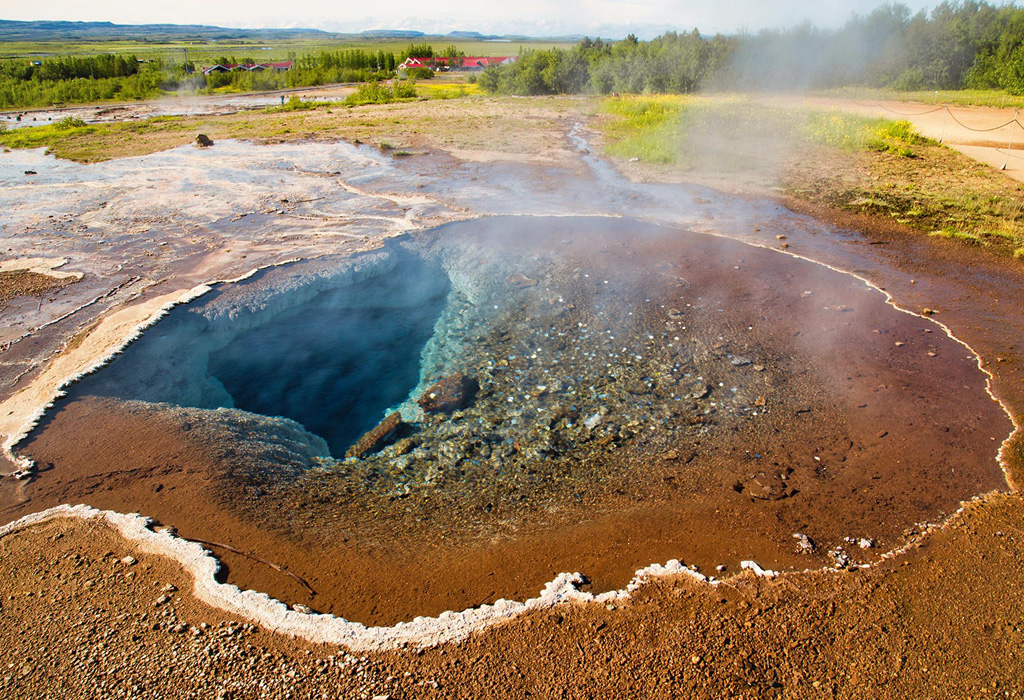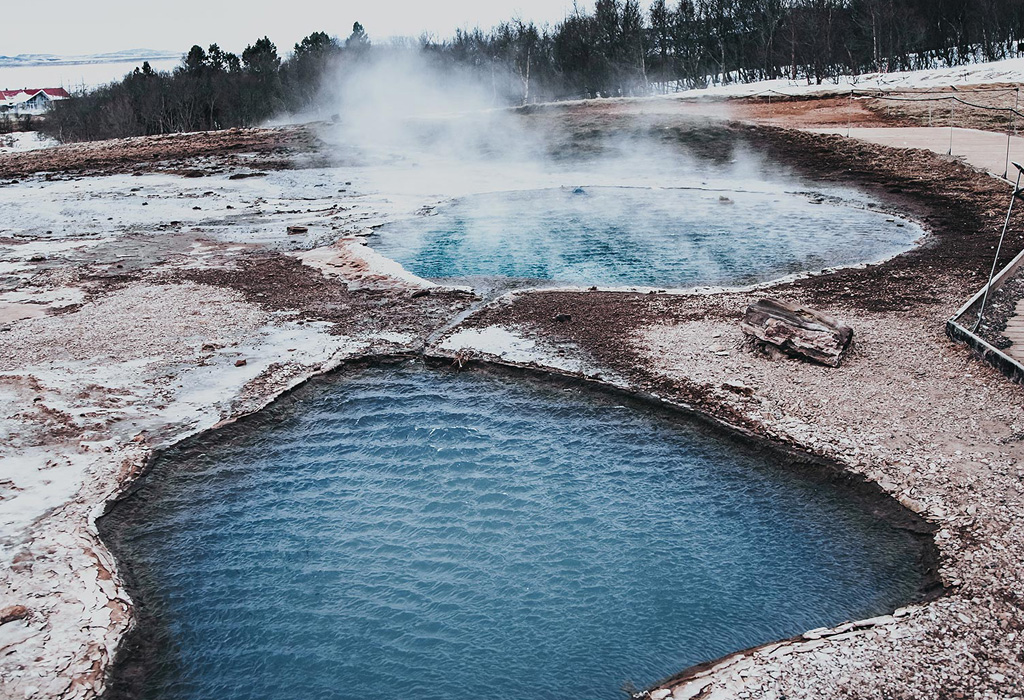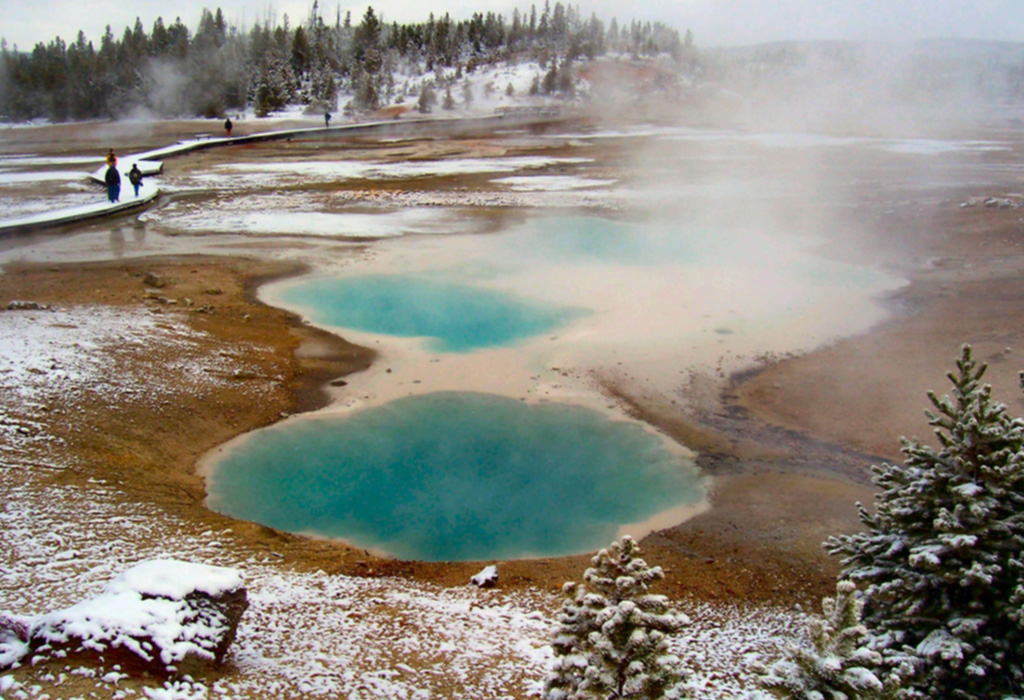What is Geothermal Energy?
The geothermal source is hot water, steam and dry steam formed by the storage of the heat energy accumulated in the rocks deep in the ground by the fluids and stored in the reservoirs.
Definition of Geothermal Energy:
Geothermal energy is the heat that is continuously transported to the surface by means of hot water and steam (fluid) under pressure, which may contain more dissolved minerals, various salts, and gases than the normal underground and surface waters, where the temperatures formed by the accumulated heat in the earth's crust are above the regional atmospheric average temperature. The characteristic feature of this energy is that it does not pollute the environment, is renewable and cheap.
Usage Areas of Geothermal Energy:
Geothermal energy sources: It is used in many industrial areas where electricity generation and thermal applications are required.
- In electrical energy production
- Central heating/cooling
- In Greenhouse Heating
- Heating, drying, cooking, etc. for industrial purposes.
- Chemicals and minerals, Carbon Dioxide, Lithium, Various salts and fertilizer production
- Thermal tourism spa applications
- Fish cultivation (Fish Farming)
Benefits of Geothermal Energy:
- It is a renewable and clean energy source.
- It can be used in thermal applications such as city, industry, and greenhouse heating, as it causes almost zero emissions.
- Obtaining geothermal energy is cheap and safe. In addition, unlike the production of other energy sources, less facility area is needed.
- It does not cause problems such as diesel, coal, and wood transportation.
- It does not cause any fossil fuel consumption during its production.



